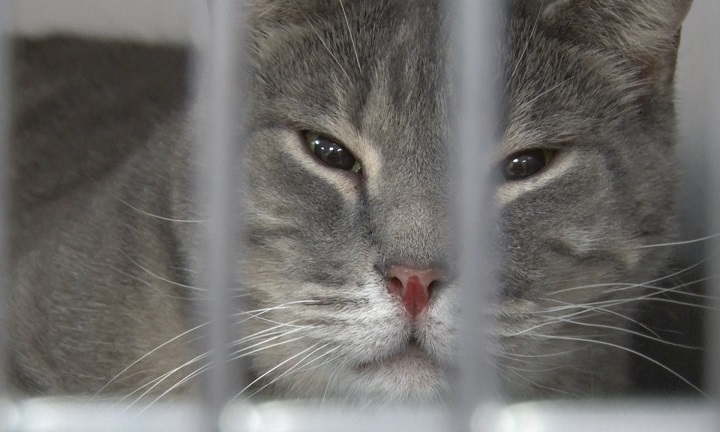Animals returned after the holidays

MARQUETTE COUNTY — Well after the holidays some businesses see a lot of gift returns, but some of these gifts are losing out on homes and future families.
The holidays are a time to be surrounded by family, friends and loved ones.
It’s also a time to give and receive gifts. Although, one specific gift in particular seems to have a higher chance of a return after the holidays.
These gifts are pets which can include: Dogs, Cats, Hamsters, Bunnies, Birds and many more. The issue is that shelters do their best to find these animals homes and can be overwhelmed when many people bring them back after the holidays season is over.
“When you have admits come in it is always something when you are trying to find space,” said UPAWS Shelter Manager, Ryan Poupore. “Not that we will ever deny taking an animal, but it is something you have to be cognizant of that you might deal with some holiday returns.”
With those returns the animals also sometimes go through stress during this transitioning period.
“All animals deal with stress differently,” said Poupore. “Some will deal with it better than others, but it is kind of a transition period with a lot of confusion. You are going from a home environment which is typically very quiet and then coming to a shelter environment. That type of environment can be full of sights, sounds, smells and a lot going. So it can be quite a different and rather a vast change.”
When it comes to adding an animal to the family during the holidays it might be better to take a different approach when adopting.
“What I always recommend is that people go out and buy the supplies for the animal,” added Poupore. “Then present those as a gift and then make the actual adoption apart of the gift.”
Its also important to know animals are a commitment and future owners should do research before making the final decision. Not to worry cause some animal shelters such as UPAWS does its best to educate new owners with informational packets and resources.
“We send them with educational packets that detail exactly what they could be looking at in the next couple of weeks and years,” explained Poupore. “Also some of the common behavioral issues you might see and try to give them the best chance for success. I think that is a big part of it and the community has been a big part of that. They have been doing research and I think that is why we are seeing, this year for us, a reduction of the number of returned animals.”
